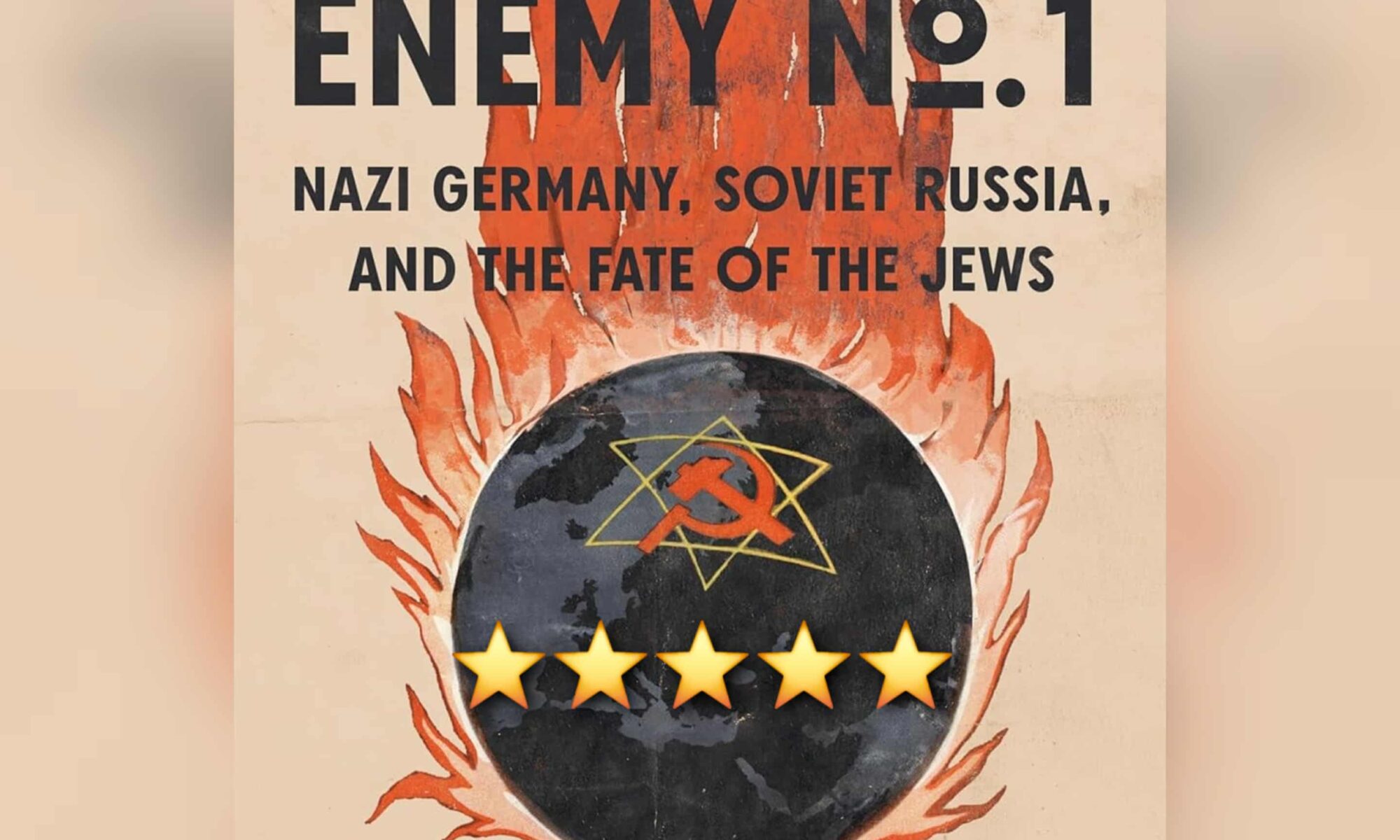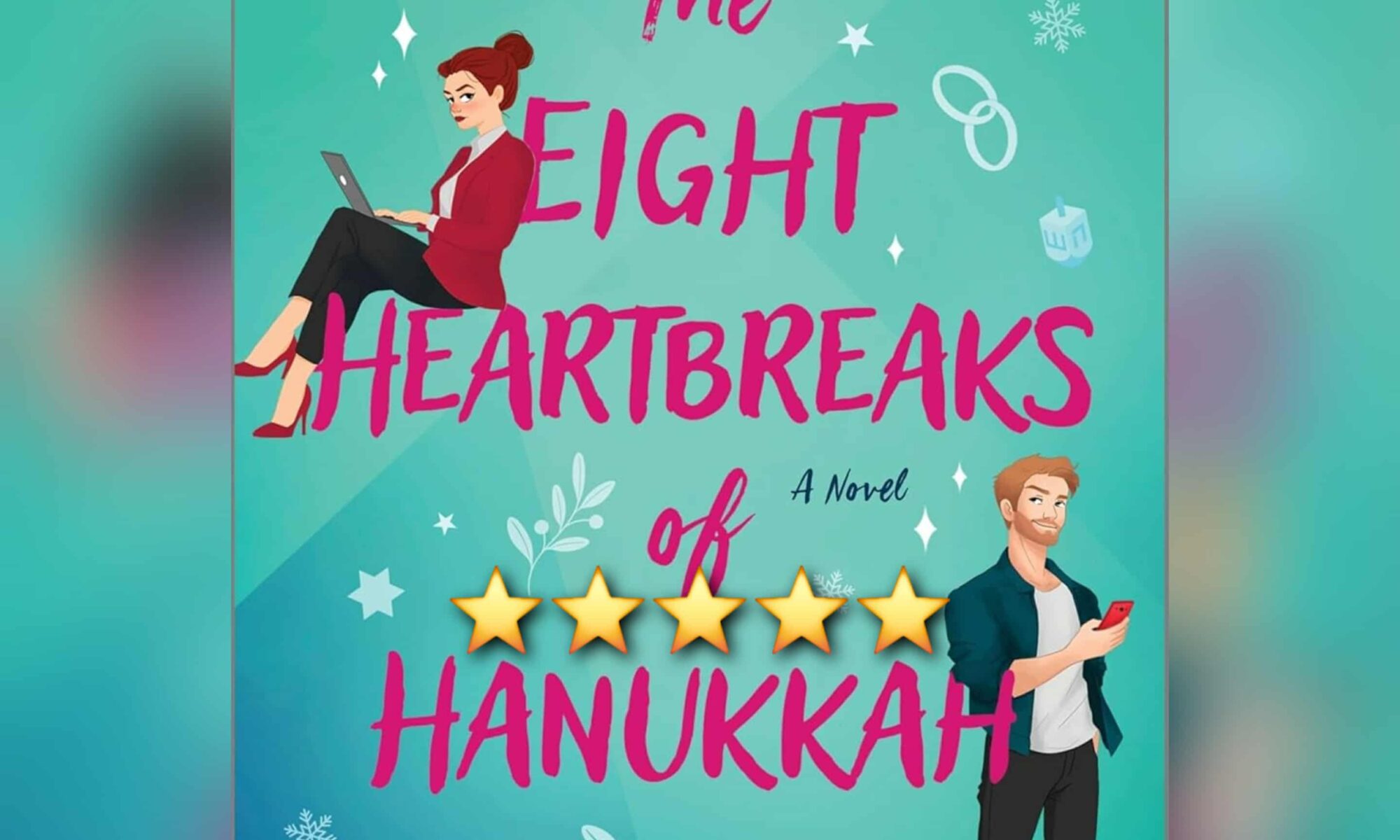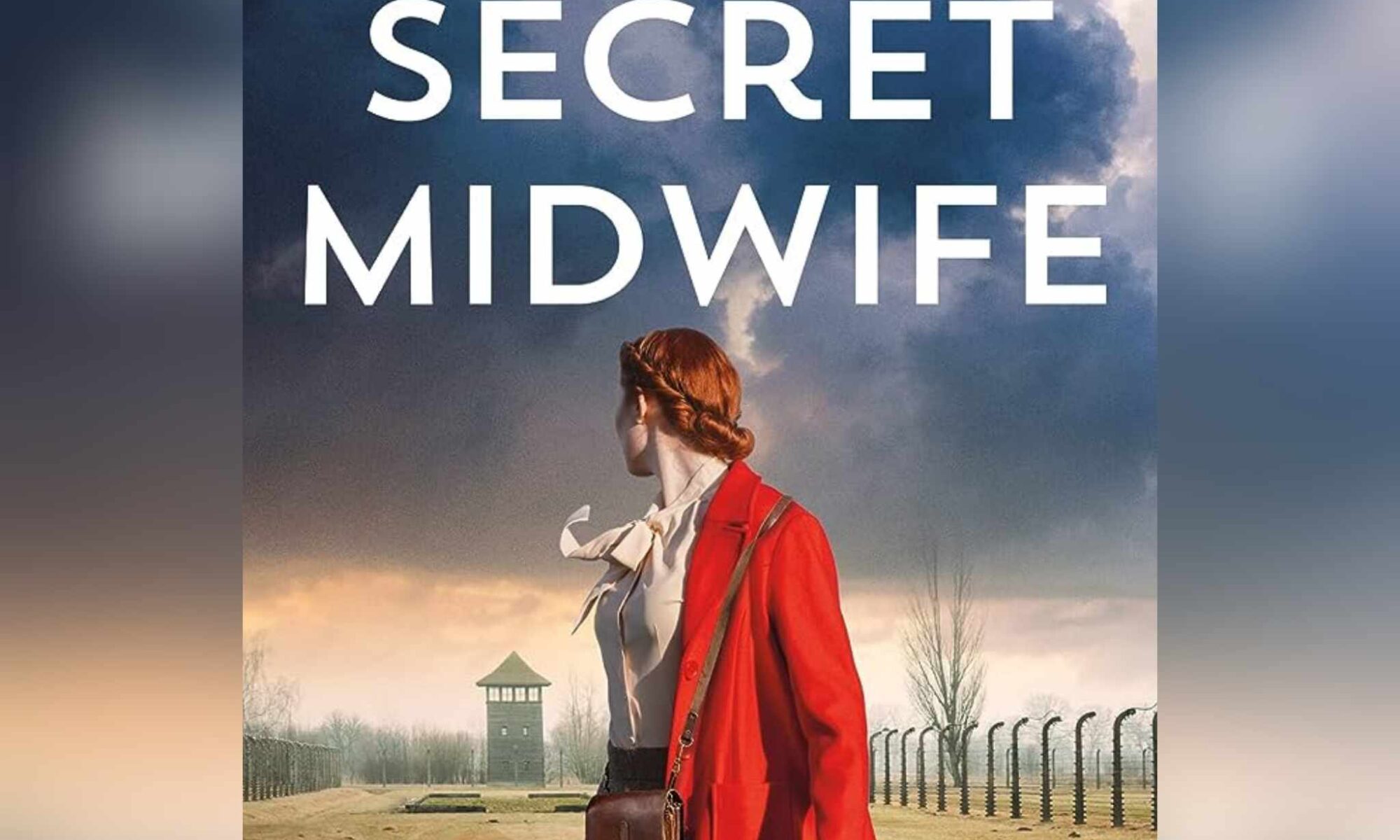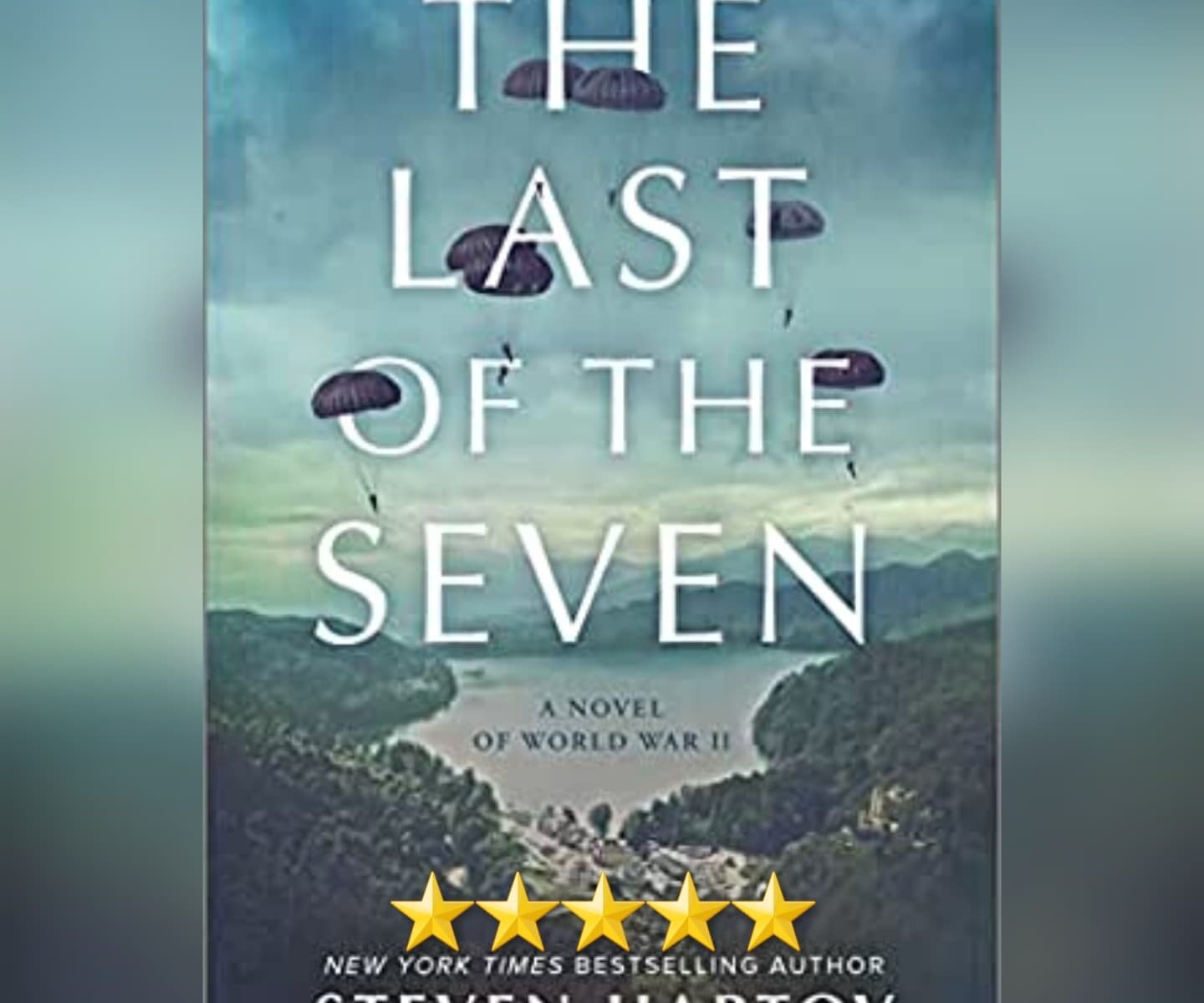Possibly Explosive Soviet-Side History Of WWII. The central tenet of Hellbeck’s narrative here is rather simplistic: Yes, Hitler hated Jews. But he *really* hated *Communist* Jews, and believed that the Soviets were just dumb rubes being controlled by said Communist Jews. This, according to Hellbeck, explains everything from the infamous (and disastrous, for both Germany and the Soviet Union) Operation Barbarossa to why, where, and when the most infamous of the death camps – all located in former Soviet controlled territory after Barbarossa pushed so far into Russia – all came to be, and much more.
Admittedly, as an American and an American who happens to be a grandson of two different men who both fought in the Ardennes Offensive/ Battle Of The Bulge, I’ve been fascinated by WWII all my life. I grew up hearing that one grandfather had been there – I found out at his death that he actually had earned the most medals of anyone in his small exurban (at the time) Atlanta town. The other died weeks after my birth, and I learned decades later – when I finally got his service records – that his Division had been the first on the American side to liberate a concentration camp.
Thus, WWII is as much a part of me and my blood as it is for Hellbeck, simply on opposite sides of the fight against Germany. Well, maybe more for Hellbeck, a Distinguished Professor of History at Rutgers specializing in Soviet history, as he both chose and found a way to make studying WWII his occupation, while I remain a professional software engineer and “hobbyist” prolific book reviewer.
Beyond his central premise above, Hellbeck does as good a job as any – and better than many – of presenting both his case and his evidence. Clocking in at roughly 26% bibliography (as measured from where the Acknowledgement section begins, at least in my Advance Review Copy), this is both a fairly hefty tome at over 550 pages and a well researched one, with over 150 of those pages being source documentation.
By shifting the focus from Jews generally to specifically *Soviet* Jews, this narrative could become explosive, potentially even nuclear level explosive. And yet, even while focusing on Soviet Jews and Soviet citizenry more generally, Hellbeck actually presents a more balanced approach to the history than those who focus exclusively on Jews generally (and erase the extra hatred Hitler directed at Soviet Jews specifically) or those who focus on Soviets generally (and whitewash the Jewish nature of Hitler’s specific targets, as Hellbeck brings the case that the Soviet Union did throughout their existence).
WWII as a whole and even the history of the Holocaust specifically is such a large topic that I fail to see how anyone can truly grasp *all* that happened and why, and thus I appreciate histories such as this one that bring a side of the discussion that we often miss, particularly in the West. While others with more specific knowledge about specific events may have more harsh criticism of particular points or perhaps even the entire narrative here, it fits in enough with my own existing knowledge that the text here provides a lot of information I didn’t previously know, yet seems plausible given what I did know prior to encountering this book.
And yes, utterly, absolutely, horrific – no matter who was doing the killing or why. (As you’ll see here, Hellbeck doesn’t excuse Soviet actions against the Jews either.)
Overall truly a fascinating look at the war from an angle I hadn’t often considered, and for that reason alone it would be a worthy read. That it was so well documented and read so easily was a bonus.
Very much recommended.
This Review Of World Enemy No. 1 by Jochen Hellbeck was originally written on October 21, 2025.







